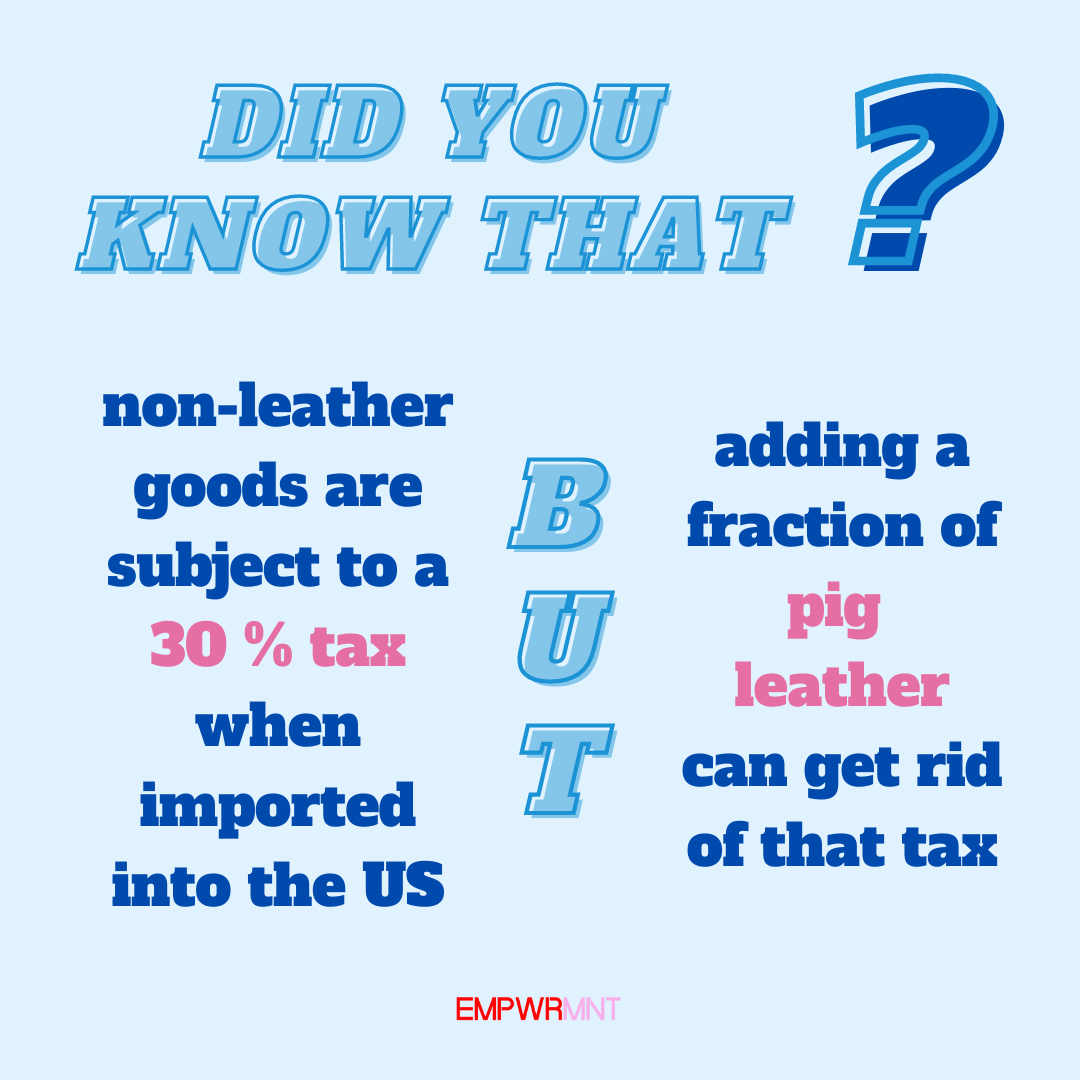Cleaning up the fashion industry? Stella McCartney is on it
“I don’t think the world is going to fall apart if we can replace bad business with good business. I actually think we’re going to be okay.”
Upon launching her eponymous label in 2001, Stella McCartney did the unimaginable and sold “leather” goods not derived from animals. Without conforming to some of the pressures of the luxury market, her vegan-based brand has remained a core competitor in fashion, achieving commercial success whilst remaining true to her principles. Acting as a figurehead for sustainability in the industry, she has fought for the future of fashion and has pushed the boundaries of material innovations. Stella’s latest design plans include fabric called Econly, made from recycled bottles and mycelium leather, developed from mushrooms.
Despite being one of the most polluting global industries, fashion is yet to receive any legislation relating to its emission rates and environmental impacts. During the G7 summit in June, Stella spoke to government leaders and corporate CEOs to address the undeniable damage caused by the fashion industry, as well as the reasons why it has escaped strict laws thus far. She stated in her speech that one of the critical factors stopping brands from using leather alternatives is the current taxation system. She revealed that you could pay 30% tax if you import a non-leather good into America, but adding a fraction of pig leather into a vegan product can make your business tax exempt. While brands are not incentivised to change, do-gooders are currently being heavily penalised.
Stella appeared at the summit with the Prince of Wales, who called for support and resources from the private sector by signing the Terra Carta Transition Coalitions. This agreement proposes a climate recovery plan by 2030 that spans all industries. Investments and resources from companies are intended to help innovate technologies and strategic initiatives to accelerate us towards a greener future. Now, only responsible actions by governments, industries and companies can help us avert a climate disaster, and Stella’s actions and words are trying to help catalyse the process.

